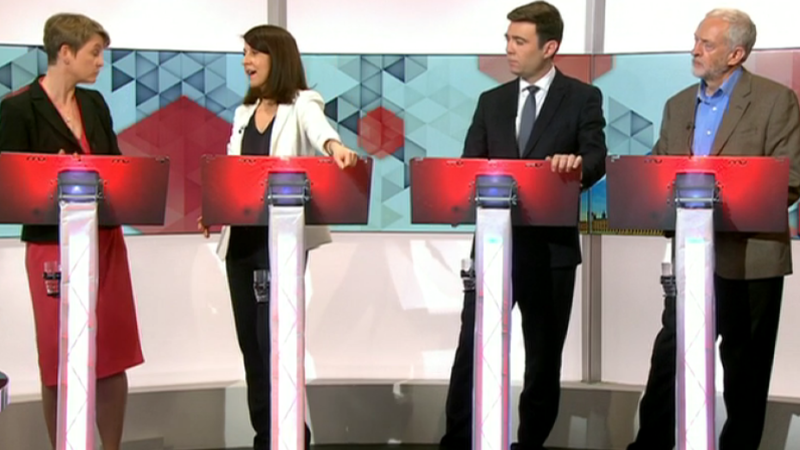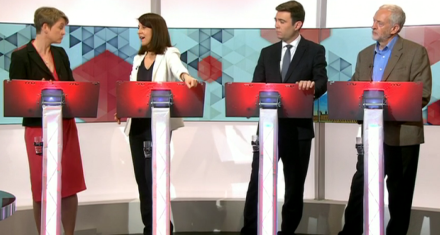
Like everyone who has a vote, I’ve been deluged by emails and letters. No phone calls so far, thank goodness. I’ve even had letters to “The Sapper Family” which is presumptive in the extreme when the sender cannot possibly know the political attitudes of at least half the voters in my household. It is one thing to lobby me, but quite another to spam my family! Entirely counter-productive too as Sophie Heawood pointed out in her recent column . Have the campaign teams learned nothing from previous bruising campaigns where the desired messages simply weren’t getting through?
Alas it appears not – contact, contact, contact seems to be the maxim, irrespective of the quality of that contact.

Part of the problem is that this way of working sets up an illusion of communication. Yes, candidates can push their messages out, but it is much harder for the electorate to get questions answered. Not impossible, by any means – but certainly not as easy. There is nothing unique in this unevenness – it is one of the pitfalls of social media (as I have observed before)
But another part of the problem is that the proverbial penny still has not dropped – the electorate is tired and even distrustful of “the establishment” – I am sure that in part explains the apparent popularity of Jeremy Corbyn. It also absolutely explains why exhortations of even a proven election-winner such as Tony Blair will have the directly opposite effect to that which is intended.
There are many reasons for this, but one is surely that the leadership campaign has engaged a lot of people who simply haven’t been involved before. It would be fascinating to see a demographic breakdown of the hundreds of thousands of new labour members or supporters. I bet a majority will be young people – people for whom perhaps the labour government of 2005-10 was part of the establishment to rail against (however unfair that may be)?
I think Martin Kettle makes an interesting argument in his well-worth-reading article “The strange death of Labour Britain”, namely that society has moved on from the model of politics exhibited by the Labour Party. But this analysis misses something critical in my view.
What it misses is that hundreds of thousands of people have chosen the Labour Party as the vehicle to which to try and make the journey to a better society. Podemos and Syriza were movements that grew outside of the established political structures – indeed, they would argue in some cases that they were antithetical to those structures. But here is it not encouraging that people feel able to trust the Labour Party as a whole to be the agent for change, even if those self-same people may not feel it has achieved this is in the recent past?
But therein lies the trickiest problem of all – epitomised by the sharp differences that have emerged during the campaign. The difficulty of adopting very robust, strident views, albeit sincerely held and expressed, is that it makes reconciliation more difficult.
I suspect that once that analysis of new members is done, it will confirm that we are seeing, literally, a rejuvenation of the Labour Party. That has to be good. But how do you keep that process going once the election campaign is over? That is surely the key but as yet unanswered challenge – irrespective of the outcome on 12 September.
Simon Sapper is Assistant Secretary at the Communication Workers Union




More from LabourList
‘Factionalism at the top is weakening Labour – and handing a gift to Reform’
‘Europe must stand strong on its own as US security guarantees grow conditional’
‘Tackling poverty should be the legacy of Keir Starmer’s government’